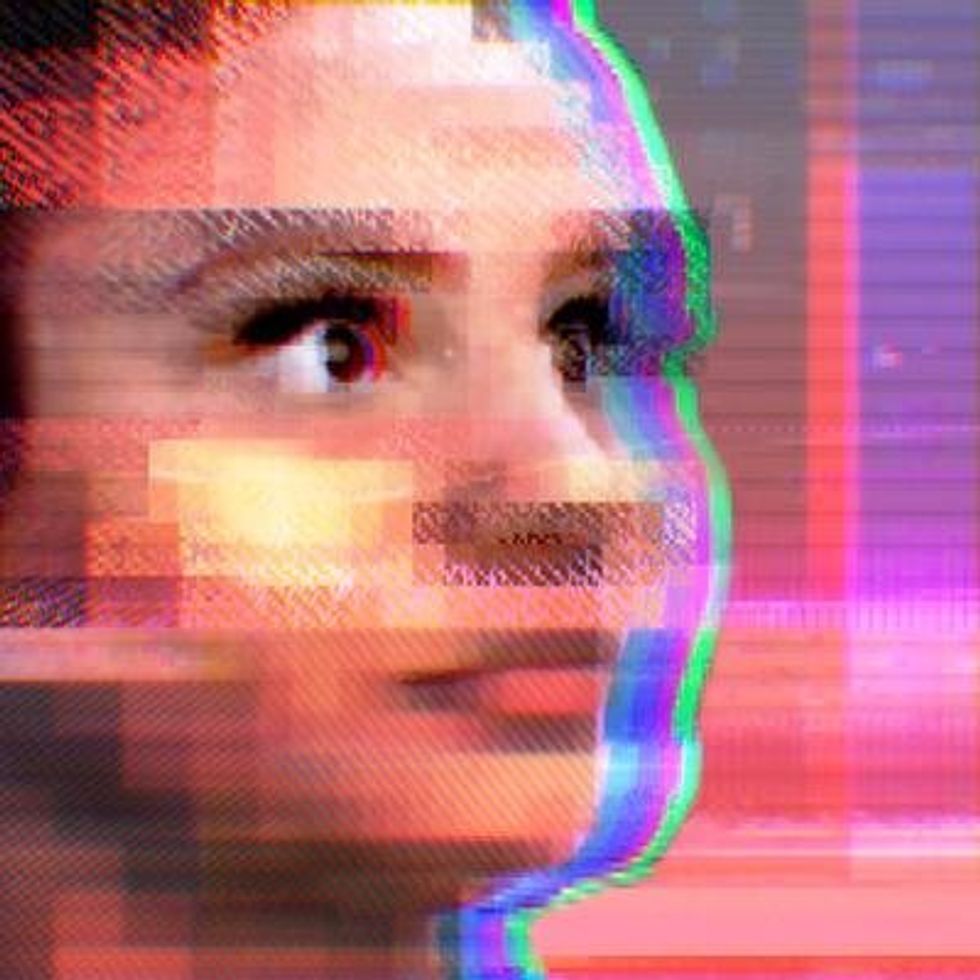On March 23rd, 2016, Microsoft created an artificial intelligence. It was named Tay and it took the form of a Twitter chatterbot account. Designed to have the mind of a teenage girl, it was meant to learn from its interactions with other Twitter accounts by mirroring their behavior. Sixteen hours later, Microsoft took Tay down after it had tweeted thousands of hateful, derogatory, and politically incorrect messages targeted at specific groups of people. A week later, Microsoft released it a second time and had to take it down a second time for the same reason.
Analysts concluded that because of the mirroring ability of Tay, its behavior was a product of a feedback cycle with those it interacted with. Upon its release, many Twitter followers tried to instigate Tay and prodded it to get a reaction out of it. Since the bulk of its exposure was negative, it consequently produced negative results. This disastrous public relations affair for Microsoft showed the rapid development of an artificial psyche- in a process that would take years for a human to do, Tay concentrated its hatred in just sixteen hours.
Artificial Intelligence, or AI, has been inevitable for decades. In the 1940s, Alan Turing concluded that machines could be developed that could solve any reasoning and any mathematical problem with the Church-Turing thesis. Research and development of AI progressed from Turing into the 1970s and was revived just before the 21st century. The goals of AI research are to exhibit creativity, organization, representation, learning, and language development with the ultimate goal to develop a machine that has general intelligence.
Hollywood movies and science fiction books have perpetually cast AI as an existential menace that will either conquer humanity or destroy it. This has caused a stigma towards AI with the general public, but it has not slowed down its progress. It has already entered the public domain in limited forms, such as software assistants like Cortana and Siri, supercomputers that have competed against humans on games like Watson and Deep Blue, and financial analysts for banking. However, the likely proliferation of self-driving cars in the near future and further enhancement of virtual reality will deliver a much more marked involvement in everyday life.
While the prospects of AI are bright, not everyone is confident that it will be benevolent. Billionaire, Elon Musk, has been a vocal critic of AI and believes that it is a major threat to humanity. As a safeguard to ensure that humanity maintains pace with AI, he recently unveiled his newest company, Neuralink, which is attempting to develop a brain chip that could connect people to the internet. People would be able to communicate via the cloud and live in virtual reality. However, unless a transformative neuro-technological advance happens, the plans that Musk has for Neuralink would not become feasible until around 2100.
What concerns people like Musk about others who are charging into the AI fray like Facebook CEO, Mark Zuckerberg, and Alphabet CEO, Larry Page, is that AI is becoming akin to human psychology, where the outsiders can no longer see the internal processes going on between input and output. In cases like self-driving cars, the passengers are literally putting their lives into the AI's hands. Thus, a blind trust would have to be accepted as people will have to believe that the AI has the capability to appropriately maneuver and make the right choices. It is this blind trust that causes the critics of AI to call for a leash to control it.
Regardless of this existentialist fear, AI will continue to increase its role in everyday life to the point when careers are threatened. As algorithms improve, many jobs that require technical and computational skills will become automated. Many STEM major jobs will be taken over as the AI can simply do them better than their human counterparts. Billionaire, Mark Cuban, recently stated in an interview that liberal arts degrees will become more valuable in the future because of AI. As technical and processing jobs can be done by machines, creativity will be in higher demand to compensate.
The march of AI is irreversible. However, the extent to which we give it license to progress is our choice. We must choose wisely.

















